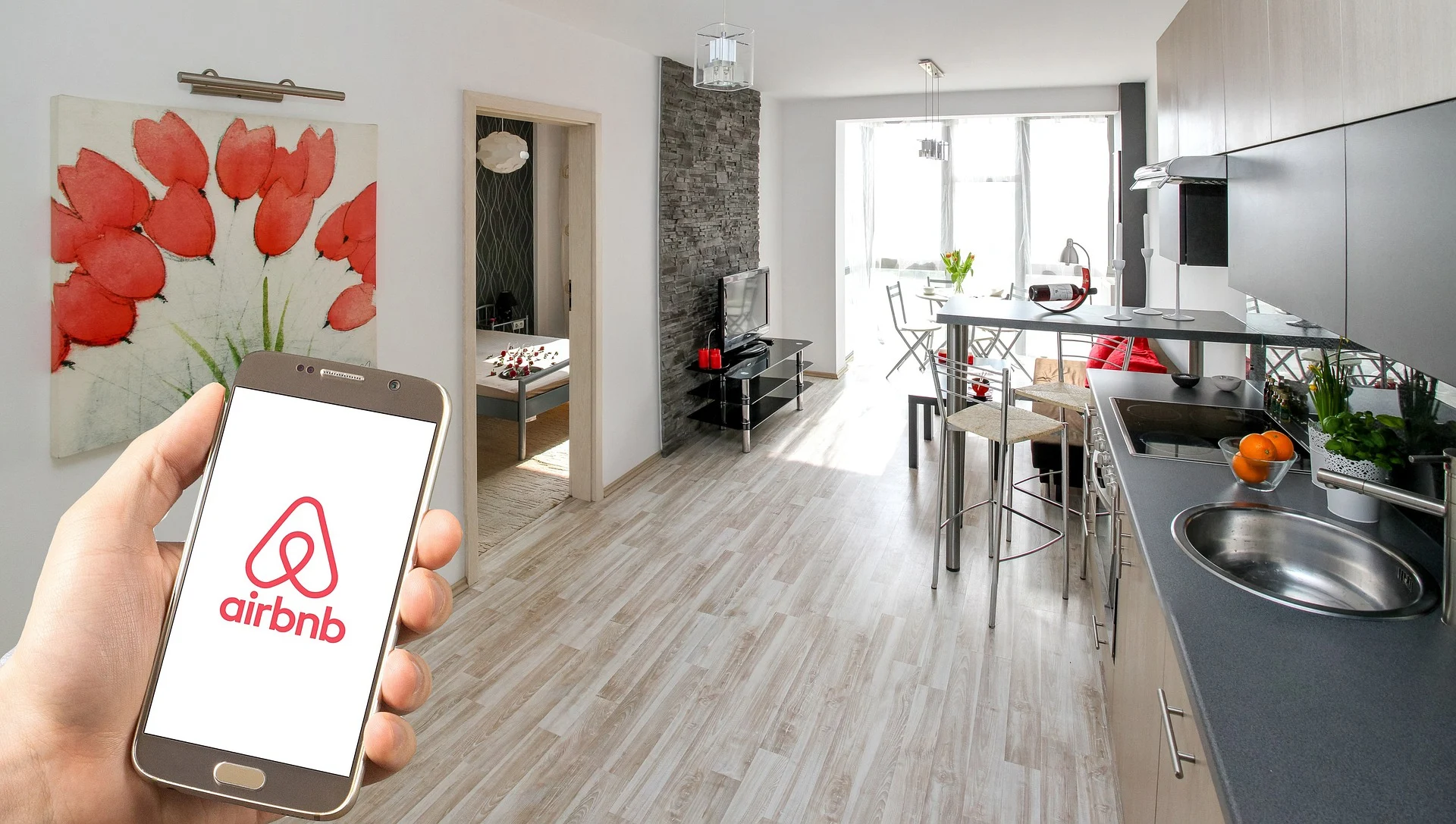In a twist that reads like a homeowner’s nightmare, a Durham, North Carolina Airbnb host has been plunged into a legal battle with her renters, who have turned into squatters refusing to vacate her property. The case, unfolding in the courts, highlights the murky waters of tenant rights and the challenges faced by property owners in the era of short-term rentals.

The Dispute at Chimney Ridge
Farzana Rahman, the property owner, has found herself at the center of an escalating dispute that began innocuously enough with a rental agreement. According to court documents obtained by Fox News Digital, Rahman rented her condominium on Chimney Ridge to guests who agreed to pay $1,900 per month from October 25, 2023, to May 25, 2024. However, the situation soured post-agreement, with the guests refusing to leave after the rental period ended.

Rahman’s experience turned particularly stressful when she attempted to reclaim her property. She described to a local ABC station an interaction where her cleaning staff was bluntly turned away by the renters. The squatters reportedly told the cleaner not to return, signaling their intention not to vacate the premises.
Legal Implications and Airbnb’s Role
The standoff has not only caused distress to Rahman but has also exposed the potential pitfalls of Airbnb’s model, especially concerning long-term rentals. Airbnb itself warns hosts on its website that renting out properties for periods longer than a month might automatically grant guests tenant rights, depending on local laws. This can complicate eviction processes, as tenants cannot be removed without a court-sanctioned eviction notice.
In response to the refusal of the renters to leave, Rahman contacted the Durham Police Department, which dispatched officers to the property. Despite this, the situation remains unresolved, with the guests still occupying the property and Rahman unable to assess potential damages due to the strong odors of tobacco and marijuana reported at the scene.
Financial and Emotional Toll
Rahman’s plight underscores the financial and emotional toll such disputes can exert on property owners. In her court filing, she demands not only possession of her premises but also seeks to recover the agreed rental amount, additional rent accruing until judgment, interest, and court costs. The dispute has also affected her ability to host other guests, further impacting her income.

This incident has sparked discussions about the adequacy of Airbnb’s support for hosts in such conflicts. While the company asserts that such incidents are rare and offers to assist in resolving issues, the reality, as evidenced by Rahman’s ordeal, can be far more complex and draining.
A Call for Caution
As this case continues to unfold, it serves as a cautionary tale for Airbnb hosts about the risks associated with long-term rentals. Experts suggest that property owners should utilize formal rental agreements that clearly outline the terms and conditions of the stay, which might include provisions for dealing with overstays. Additionally, understanding local tenancy laws is crucial, as these will govern the eviction processes and rights of both parties.
The unfolding drama at Chimney Ridge not only highlights individual hardships but also sparks a broader debate on the balance between the booming gig economy and the protection of property rights. As platforms like Airbnb continue to transform the housing market, such legal disputes may become more common, urging a reevaluation of policies and practices to protect both hosts and renters.










